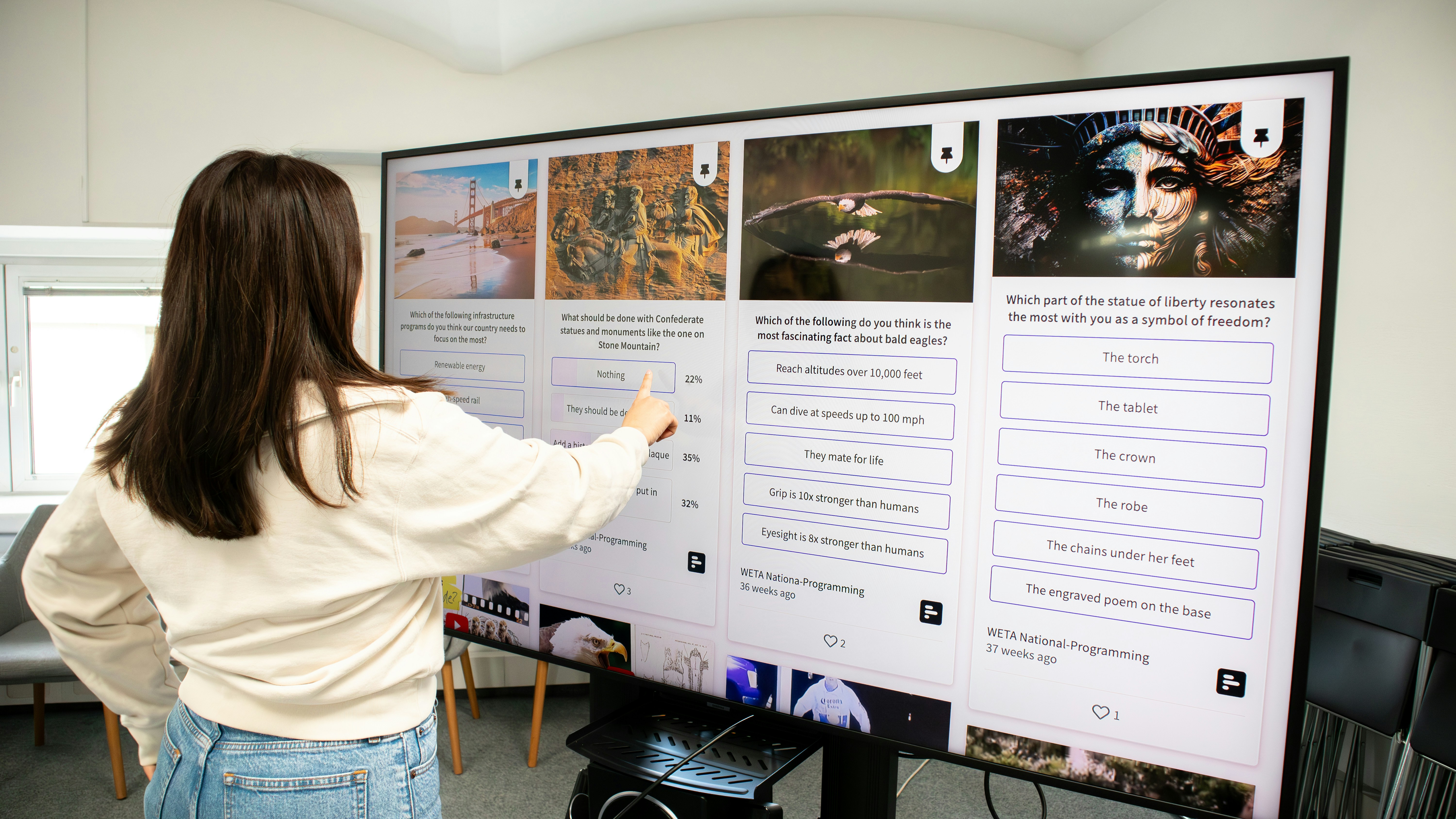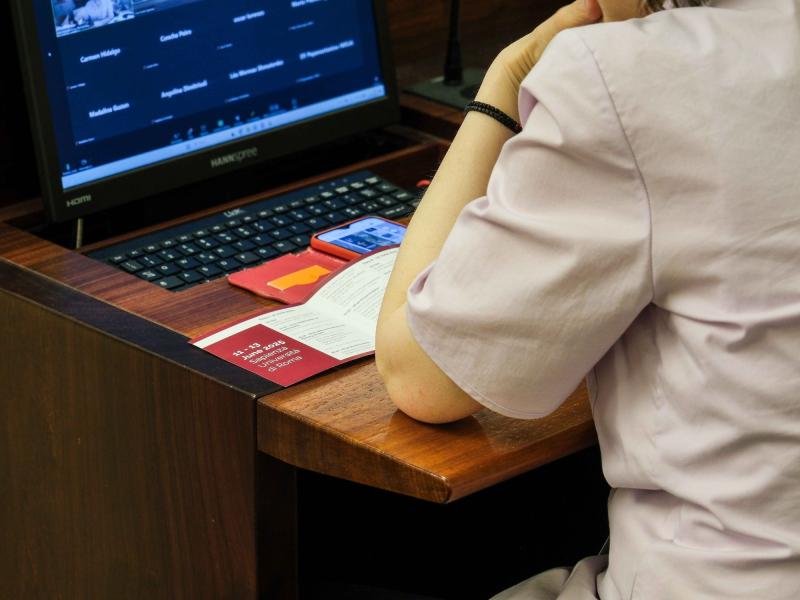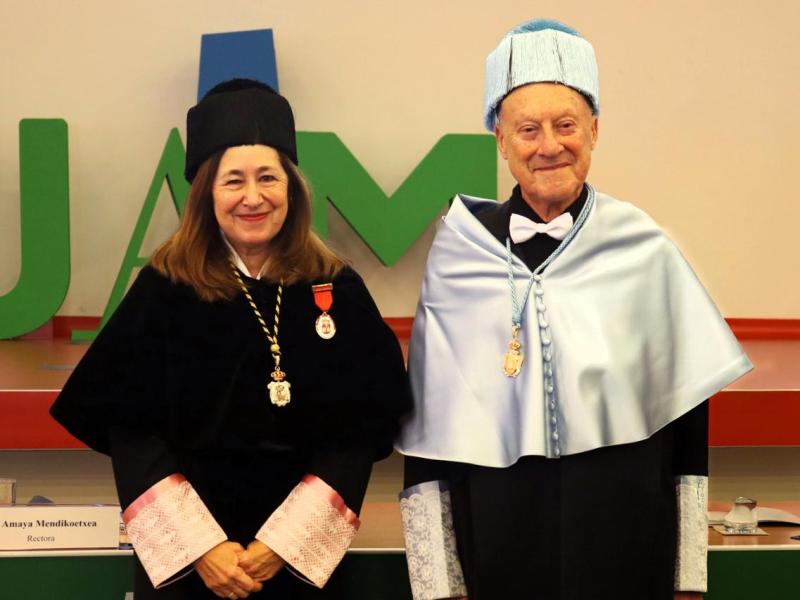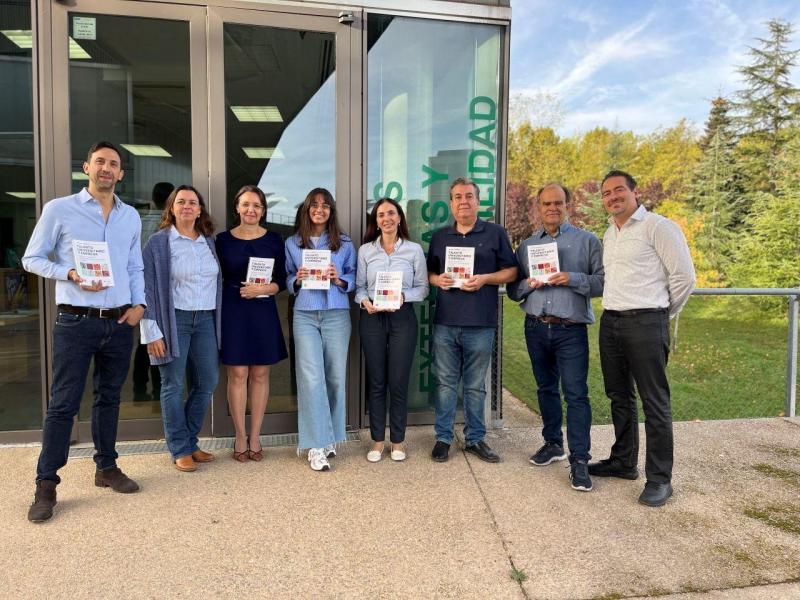The implementation of an interactive tool in a Chemical Engineering subject at the Universidad Autónoma de Madrid favoured a 13% increase in grades, highlighting its potential to reinforce learning and participation in the classroom. A multidisciplinary team studied the outcome and concluded that the use of interactive tools can improve motivation and academic performance in university education.

A study published in the Journal of Chemical Education analysed the implementation of Genially, a digital platform in the Gaseous Effluent Treatment Technologies subject of the Chemical Engineering Degree at the UAM. The results show that 95% of the students rated the initiative positively, while the grades in the topics addressed with the tool increased by 13% compared to the previous four years.
The project was carried out by an interdisciplinary team of teachers from the Departments of Research Methods and Diagnostics in Education and Chemical Engineering, which explored the impact of “Genially” on classroom dynamics and active learning. Through this platform, students created interactive presentations on air pollution and emission control, integrating an assessment model based on participation and immediate feedback.
Evaluation and challenges of the methodology
To measure the impact of the initiative, the research team employed two mechanisms of analysis: satisfaction surveys and evaluation of performance in practical activities. Although the overall reception was positive, with a high degree of student engagement, around 20% of students expressed disagreement with the peer assessment, suggesting the need for adjustments in future applications of the methodology.
Despite this reluctance, students highlighted that the combination of discussions and immediate feedback facilitated the understanding of key concepts addressed in the lectures. The researchers conclude that Genially is an effective tool to dynamise the classroom and improve motivation, although they recommend optimising the evaluation process and considering the workload of students in the final years of the degree.
Latest Highlights:
Renewed Olympic certification for the Salzburg's Sports Centre
Growing vegetables in space might be possible, SUR study reveals
French professor Corine Pelluchon awarded the Lucas Prize by the University of Tübingen
Related news
-

Doctoral Webinar Challenges of Digital and Technological Transformations is back
Hub 5 Digital and Technological transformation
23 January 2026 -

"The ideal city is dense and compact", thinks Lord Norman Foster, recently awarded an honorary doctorate by the UAM
CIVIS Highlights
19 December 2025 -

Cross-cutting skills are key for today's learners, UAM-backed study says
CIVIS Highlights
17 November 2025